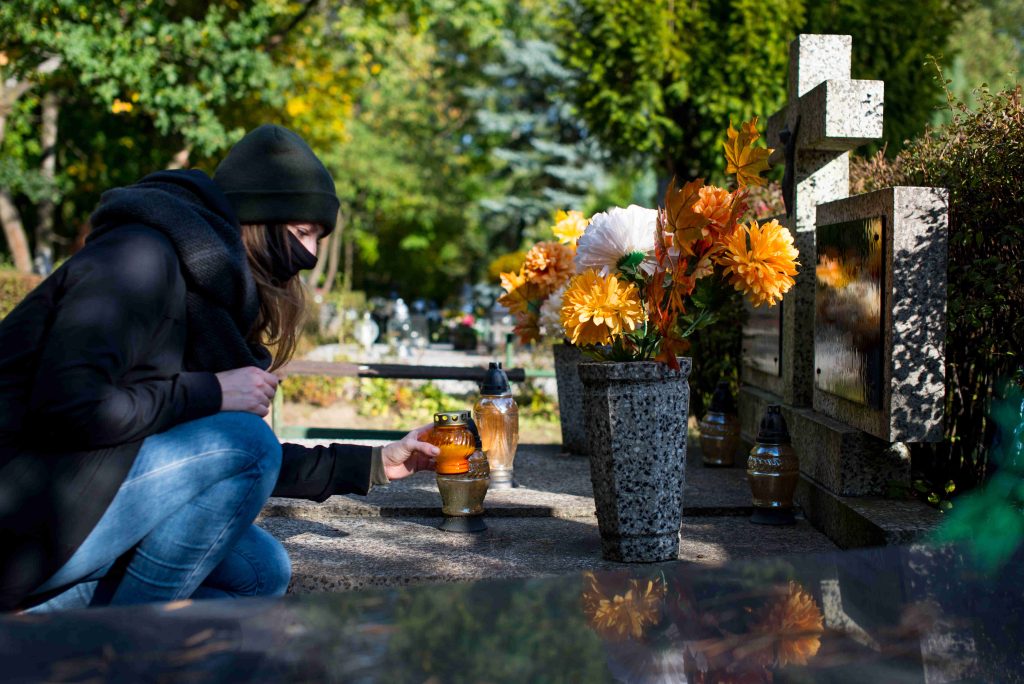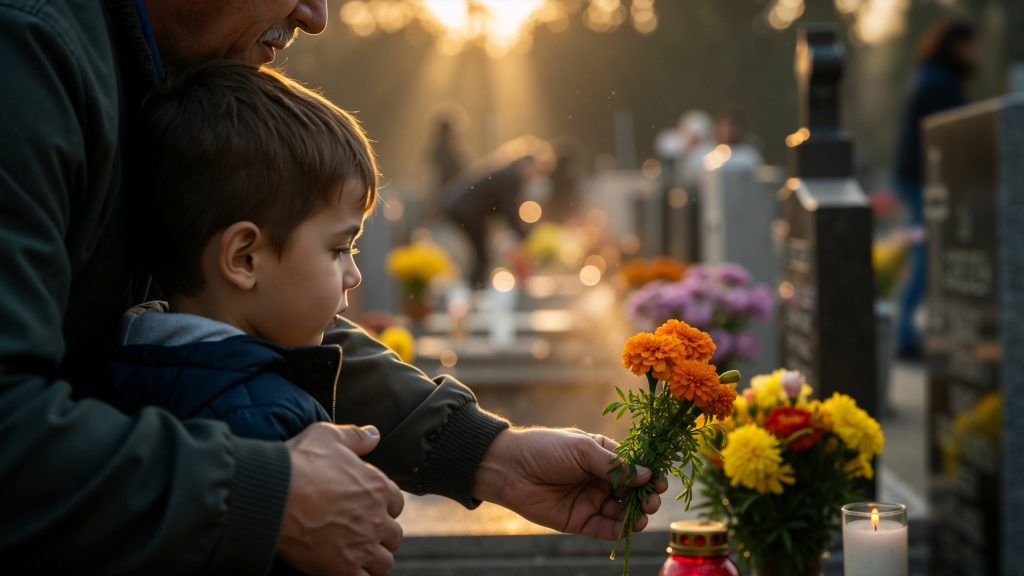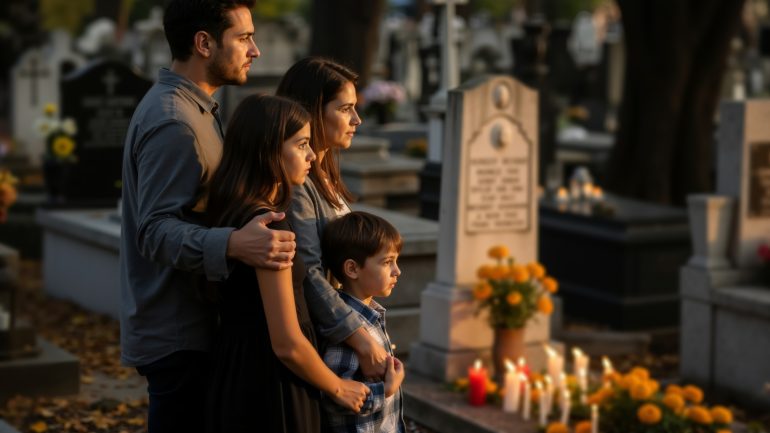In Paraguay, the beginning of November carries a deep spiritual and cultural resonance. On 1 November, the faithful celebrate All Saints’ Day (Día de los Santos), a special occasion dedicated to honouring all the saints in heaven. This includes not only officially canonised saints, but also countless souls who lived quiet, unrecognised holiness.
The following day, 2 November, marks All Souls’ Day (Fieles Difuntos, meaning “faithful departed”), a time devoted to remembering and praying for departed loved ones. Across Latin America, both dates hold profound meaning, yet each country celebrates them in its own distinctive way blending faith, tradition, and local customs. In Paraguay, they represent a heartfelt connection between spirituality, family, and remembrance.
All Saints’ Day
All Saints’ Day is one of Christianity’s most solemn celebrations. It is a feast that honours all who have attained sanctity and now live eternally in the presence of God. It is called the feast of “all the saints” because it honours not only those the Church has beatified or canonised, but also every faithful soul believed to have reached salvation.
The origins of All Saints’ Day are uncertain, with early Christians observing it on various dates. It is linked to 13 May 609, when Pope Boniface IV dedicated the Pantheon to the Virgin Mary and all martyrs.
The first evidence of 1 November as the official date appeared during the papacy of Gregory III (731–741), who dedicated a chapel in St Peter’s Basilica to all saints. By the early ninth century, the observance had spread widely. In 837, Pope Gregory IV established 1 November as a universal feast throughout the Church.

All Souls’ Day
On 2 November, Catholics observe All Souls’ Day and honour and pray for the dead. The Eastern Orthodox Church and other Christian traditions also recognise this day.
The day centres on the remembrance of the faithful departed, those believed to be in purgatory, undergoing purification before reaching heaven. On this day, the Church encourages the living to pray for these souls, helping them attain eternal rest.
According to Catholic tradition, the prayers of the living can aid in cleansing the souls of the dead, allowing them to enter heaven. For that reason, All Souls’ Day carries deep emotional and spiritual significance. It is a moment for reflection and remembrance between the living and those who have passed away.
How Paraguay commemorates these days
In Paraguay, the first two days of November are marked by faith, family unity, and tradition. On All Saints’ Day, many attend Mass and special liturgies, reflecting on the lives of the saints and seeking their intercession. The atmosphere is one of reverence and gratitude and also filled with hope and devotion.

The following day, All Souls’ Day, families across the country gather at cemeteries to honour and remember their loved ones. According to tradition, it is believed that on 2 November the souls of the departed return to spend time with the living. Families clean and decorate graves, bring flowers, and light candles. All as a way of showing that love endures beyond life itself.
Together, these two days serve not only as religious observances but also as expressions of Paraguayan identity and affection. They offer a meaningful way to connect faith, memory, and love across generations. In Latin America, All Saints’ and All Souls’ Days are reminders that those who have gone before us continue to live on in spirit, in faith, and in the hearts of their families.
If you would like to dive deeper into Paraguay’s traditional celebrations, some of the country’s very own Saints and folklore throughout the year, you can explore the Paraguayan Folklore Calendar here.


